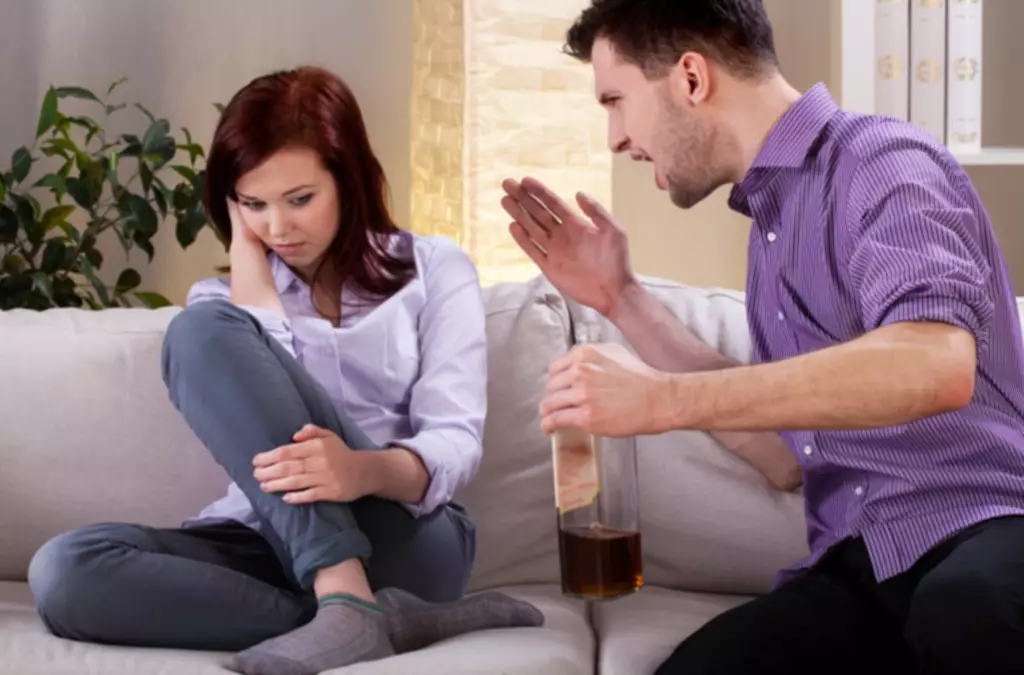While essential tremor isn’t a dangerous condition, it can still keep you from taking care of yourself and living independently if the tremors become more severe. Essential tremor is a condition that starts with very mild symptoms, if they’re even noticeable at all, and progresses slowly. It usually takes years before the symptoms reach a point where it’s recommended to start a treatment. Even then, many people can choose not to receive treatment until their symptoms are more severe.
Alcohol and Tremors
If you opt for outpatient treatment, you’ll likely be given sedative drugs to take at home to ease withdrawal symptoms and have to get routine blood tests to make sure you’re staying on track. You may also need to get tested for other medical problems that could be connected to your alcohol abuse. Moving forward, you may also need to go to patient and family counseling to discuss your alcoholism. There are various ways you can go about treating alcohol tremors depending on the type and severity of your tremors.
Detox for Heroin & Withdrawal Treatment
Hangover shakes: why you get them according to a doctor – Cosmopolitan UK
Hangover shakes: why you get them according to a doctor.
Posted: Tue, 26 Dec 2023 08:00:00 GMT [source]
Hepatic encephalopathy develops when the liver is unable to effectively filter toxins that can harm brain cells from the blood. After drinking, you may see improvement in your tremor within about 15 minutes. The fact that ET essential tremor alcohol often gets better after you drink alcohol can be useful if your doctor is trying to find out what type of tremor you have. If your ET improves after drinking alcohol, the effect may last anywhere from one hour to four hours.
- Despite treatment with clonazepam and levetiracetam, action and intention myoclonus and negative myoclonus on standing were significant.
- The evaluation consists of 11 yes or no questions that are intended to be used as an informational tool to assess the severity and probability of a substance use disorder.
- ” self-assessment below if you think you or someone you love might be struggling with drug addiction.
- One must be completely honest about their drinking history to get adequate treatment for alcohol dependence.
- As the condition progresses, you may begin to struggle with certain activities and may need help to do them.
Can Alcohol Cause Essential Tremor?
“Alcohol in essential tremor and other movement disorders.” Wiley Online Library, August 18, 2010. Alcohol use may help improve the symptoms of essential tremor (ET), but using alcohol to soothe symptoms of ET is not advisable. A hangover usually begins a few hours after you finish drinking, as your blood alcohol concentration (BAC) begins to fall. Generally, symptoms peak when BAC hits zero, but can continue for up to 24 hours afterward. Your sympathetic nervous system deals with responses to stress, which includes things like sweating, increased heart rate, and — you guessed it — shakes or tremors.
Experts don’t know exactly why essential tremor happens or if there are triggers that cause them to happen. However, there’s evidence that it happens because of the changes in certain parts of your brain. Essential tremor almost always affects both sides of your body but often affects one side more than the other. In addition to your hands, tremors can affect other parts of your body such as your head, voice, face and trunk.
- For example, midazolam is given by injection and often used alongside anesthesia medications because it works quickly to cause sleepiness.
- Providers are generally able to use their medical expertise to prescribe FDA-approved drugs for unapproved uses as long as they judge that the drug is medically appropriate for you.
- Once symptoms of alcohol-related brain damage occur, they will continue to worsen if drinking continues.
- The video segment illustrates myoclonus before and one hour after ingestion of 2.5 gm of Xyrem [48].
- We propose a new model to explain the phenomenon of alcohol-response in select hyperkinetic movement disorders.
- DTs is possible when someone with alcohol use disorder, especially moderate or severe alcohol use disorder, suddenly stops drinking entirely.
Alcohol shakes are a symptom of the disorder when they occur with other signs of AUD. Friends and family are valuable tools for helping you stay alcohol-free and reduce tremors. The more time you spend with people encouraging your alcohol-free lifestyle, the better your chance of successful recovery.
- Symptoms of ARBD and ARBI include minor changes in your ability to think or remember things.
- Alcohol shakes after a night out is a withdrawal symptom which takes effect when your body tries to absorb this lacking substance which it has built a tolerance for.
- Although the tremors themselves aren’t dangerous, alcohol withdrawal symptoms are.
- Additionally, alcohol tremors may be a symptom of a more serious condition, like delirium tremens, which necessitate immediate medical attention.
- If you’re breastfeeding or planning to do so, talk with your doctor before starting Gocovri treatment.
Alcohol-Related Brain Damage Can Lead to Shaking
The only way to prevent delirium tremens is to stop, or dramatically reduce, your alcohol intake. When you drink, the alcohol suppresses certain neurotransmitters in your brain. Essential tremor happens unpredictably, so you can’t prevent this condition or reduce your risk of developing it. And while experts don’t know exactly why essential tremor happens, they do know that this condition can run in families. This condition appears to be an autosomal dominant inherited condition. That means if one parent passes a mutated gene that causes essential tremor to you, there’s about a 50% chance that you’ll inherit the condition.

